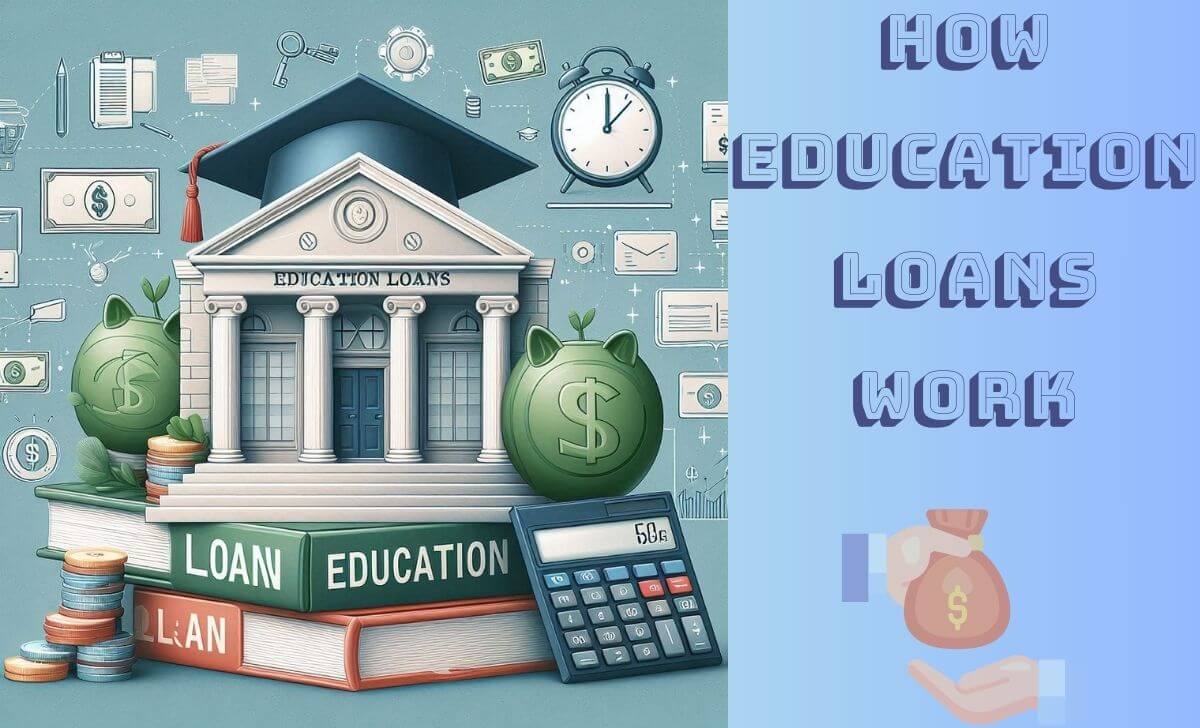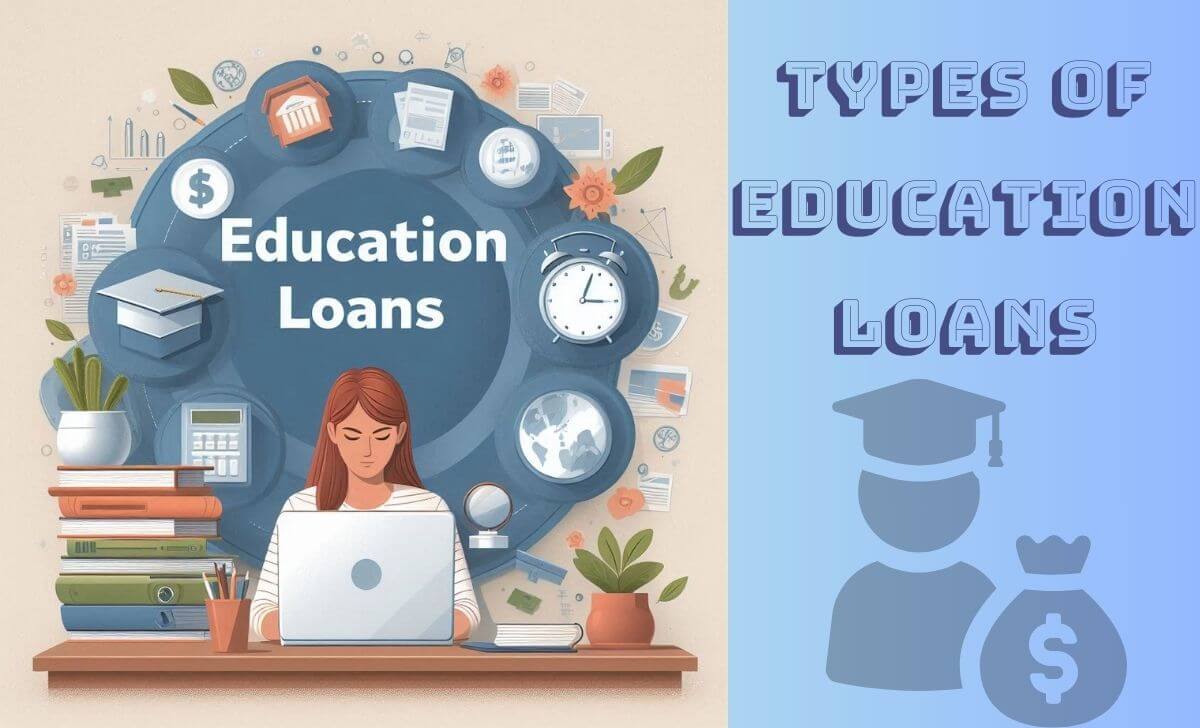Education Loans are one of the popular forms of loans to support study costs, especially for students with difficult circumstances. However, deciding to take out an education loan requires careful consideration.
This article by AZCoin will help you better understand education loans, the benefits and risks involved, as well as factors to consider before deciding to borrow.
What are Education Loans?

Education Loans are loans designed to help students finance the costs of education and other expenses associated with higher education. These loans can be used to cover tuition, books, supplies and living expenses while enrolled in a program of study.
Typically, the borrower will not have to repay the loan immediately during the course of study, and the repayment period can be deferred for a certain period of time after graduation, commonly known as the grace period.
How Education Loans work

Education Loans are issued to help students attend accredited colleges and universities. These loans can be issued from the government or from private sources. Federal loans typically have lower interest rates and some offer subsidized interest rates, meaning the U.S. Department of Education will pay the interest while the student is in school at least part-time. Private loans, on the other hand, typically follow a traditional loan process similar to Personal Loans and have higher interest rates than federal loans.
Types of Education Loans

There are two main types of Education Loans: federal loans and private loans.
Federal Loans
Federal loans are often a student’s first choice when it comes to borrowing money for education. To begin the loan process, students need to fill out the Free Application for Federal Student Aid (FAFSA). Once the application is submitted, schools will evaluate the student’s eligibility for financial aid. There are three main types of federal loans:
- Direct Subsidized Loans: These are loans for undergraduate students with demonstrated financial need. The U.S. Department of Education will pay the interest while the student is in school, helping to ease the financial burden of the student while they are in school.
- Direct Unsubsidized Loans: Available to undergraduate, graduate, and professional students. These loans do not require proof of financial need, and interest accrues throughout the student’s schooling.
- Direct PLUS Loans: Offered to graduate students and parents of dependent undergraduate students to help pay for educational expenses that are not covered by other sources of funding. These loans require a credit check.
Private Loans
When government funding is not enough to cover the entire cost of education, students may need to borrow from private sources. Private loans can come from banks, credit unions, or schools. The loan process often requires a credit check and has higher interest rates than federal loans. Private loans are often more flexible in terms of loan amounts and repayment terms. Some private lenders, like Upstart, offer innovative loan options that might suit different financial needs and situations.
Pros and cons of Education Loans

Pros
Education loans offer many significant pros, including:
- Easier access to education: Loans help students pursue their studies without being constrained by their current finances.
- Preferential interest rates: Interest rates on education loans are often lower than other types of loans, helping to reduce the financial burden.
- Flexible repayment periods: Students are often given a deferral of repayment until they complete their studies, giving them time to stabilize their finances before starting to repay.
- Reduced financial burden on families: Loans help to reduce financial pressure on families, allowing students to be more independent in paying for tuition and related expenses.
- Opportunities to study abroad: Many education loans support students to study abroad, expanding their opportunities for international study and experience.
- Skills and career development: Investing in education helps students develop skills and improve their professional qualifications, opening up many career opportunities in the future.
Cons
Although education loans offer many benefits, there are also some disadvantages to be aware of such as:
- Impact on career decisions: Students may feel pressured to choose a high-paying job to pay off debt quickly.
- Accumulated interest: Although the interest rates on education loans are usually low, over time, the accumulated interest can become a financial burden.
- Strict loan conditions: Some loans require students to meet certain academic and financial criteria, which can be difficult for some students.
- Impact on credit: If not repaid on time, education loans can negatively affect a student’s credit score, making it difficult to borrow in the future.
- Limitations on use: Education loans are usually only used for study-related expenses, not for other financial needs.
Considerations when taking out Education Loans
Before deciding to take out an Education Loan, students and their families should consider all their options. Some alternatives include working part-time, receiving a scholarship, choosing a school with lower tuition, or finding a job that offers tuition assistance. Additionally, finding a job that offers student loan assistance is a useful option.
If you have extra money from your loan, you may be tempted to use it for expenses other than education. However, the sensible financial practice is to use the extra money to pay down debt or repay the loan. Especially with government-subsidized loans, misuse can lead to legal action.
For managing finances and exploring investment options, consider checking out AZcoin – the best crypto exchange in 2024.
Conclusion
Hopefully, with the information above, you have a clearer view of educational loans, as well as their advantages and disadvantages. Don’t forget to consider carefully before deciding to borrow money to study to ensure that you choose the financial solution that best suits your needs and capabilities.

I’m Jessi Lee, currently living in Singapore. I am currently working as a trader for AZCoin company, with 5 years of experience in the cryptocurrency market, I hope to bring you useful information and knowledge about virtual currency investment.
Email: [email protected]











